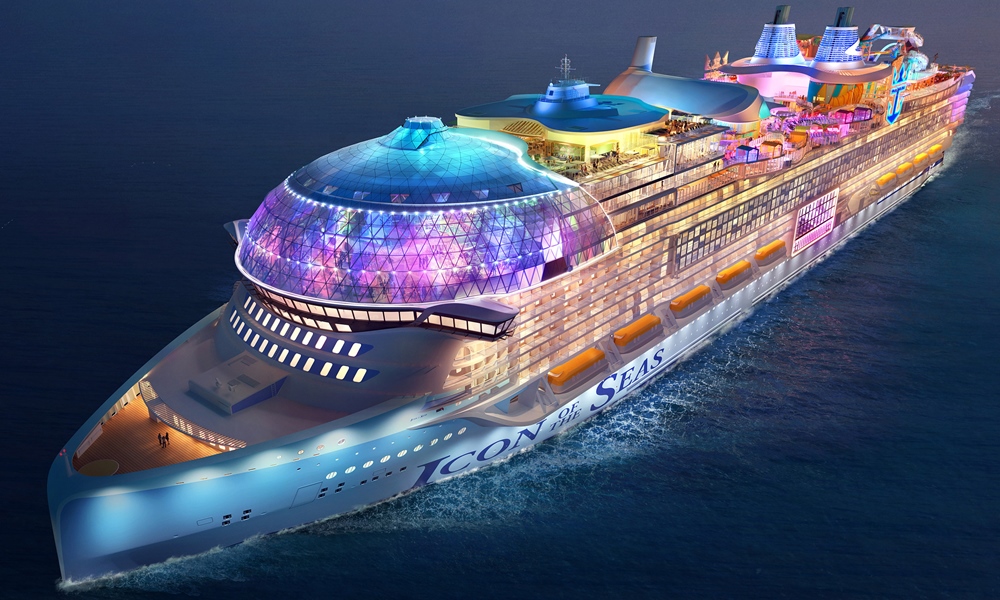The cruise industry thrives on delivering unforgettable experiences in a vibrant, fast-paced environment. To succeed in this sector, candidates need a unique blend of skills tailored to passenger needs and operational demands. Here’s a look at the top skills employers seek:
Exceptional Customer Service

First and foremost, top-notch customer service is essential. Employees interact with guests from around the world and must provide high-level service to ensure a memorable experience. Therefore, skills like empathy, active listening, and the ability to anticipate needs are crucial. For instance, a guest services representative who handles requests and resolves issues promptly significantly enhances guest satisfaction.
Strong Communication Skills

Additionally, effective communication is vital for interactions with both guests and crew members. Clear communication helps manage guest expectations, coordinate with departments, and ensure smooth operations. Consequently, roles such as cruise directors and tour guides need to articulate information engagingly. Moreover, multilingual skills can be a significant advantage in this context.
Adaptability and Flexibility

In a dynamic cruise ship environment, adaptability and flexibility are required. Candidates must handle changing schedules and unforeseen challenges. For example, a restaurant manager who adjusts to fluctuating guest numbers or unexpected staffing issues demonstrates valuable flexibility and resourcefulness.
Teamwork and Collaboration

Furthermore, teamwork is crucial in the cruise industry. Crew members from various departments must collaborate effectively to deliver seamless service. Consequently, effective collaboration, whether leading or supporting, contributes to a positive work environment and operational success.
Problem-Solving Skills

Moreover, problem-solving skills are highly valued. The ability to resolve issues quickly is key to maintaining guest satisfaction and operational efficiency. For instance, a guest relations officer who handles complaints effectively ensures a positive experience for guests and upholds service standards.
Attention to Detail

In addition, attention to detail is essential for maintaining high service standards. Whether managing room cleanliness or coordinating activities, a keen eye for detail ensures that every aspect of the guest experience meets high standards.
Cultural Sensitivity and Awareness

Similarly, cultural sensitivity is important due to the diverse backgrounds of guests and crew members. Understanding and respecting cultural norms helps provide inclusive and respectful service. For example, a shore excursion coordinator who is aware of cultural nuances can create engaging and respectful experiences for international guests.
Technical and Operational Knowledge

Lastly, technical knowledge is crucial, especially for roles involving ship maintenance, navigation, or hospitality systems. Understanding ship operations ensures effective performance and the ability to handle operational issues efficiently. For instance, an engineer with expertise in ship machinery or a staff member familiar with onboard systems contributes to smooth and efficient operations.
Conclusion

In summary, the cruise industry requires a diverse skill set: exceptional customer service, strong communication, adaptability, teamwork, problem-solving, attention to detail, cultural sensitivity, and technical knowledge. By honing these skills, candidates can significantly enhance their employability and effectiveness on board.
Visit Our Website Partners: India Video And Oneindia